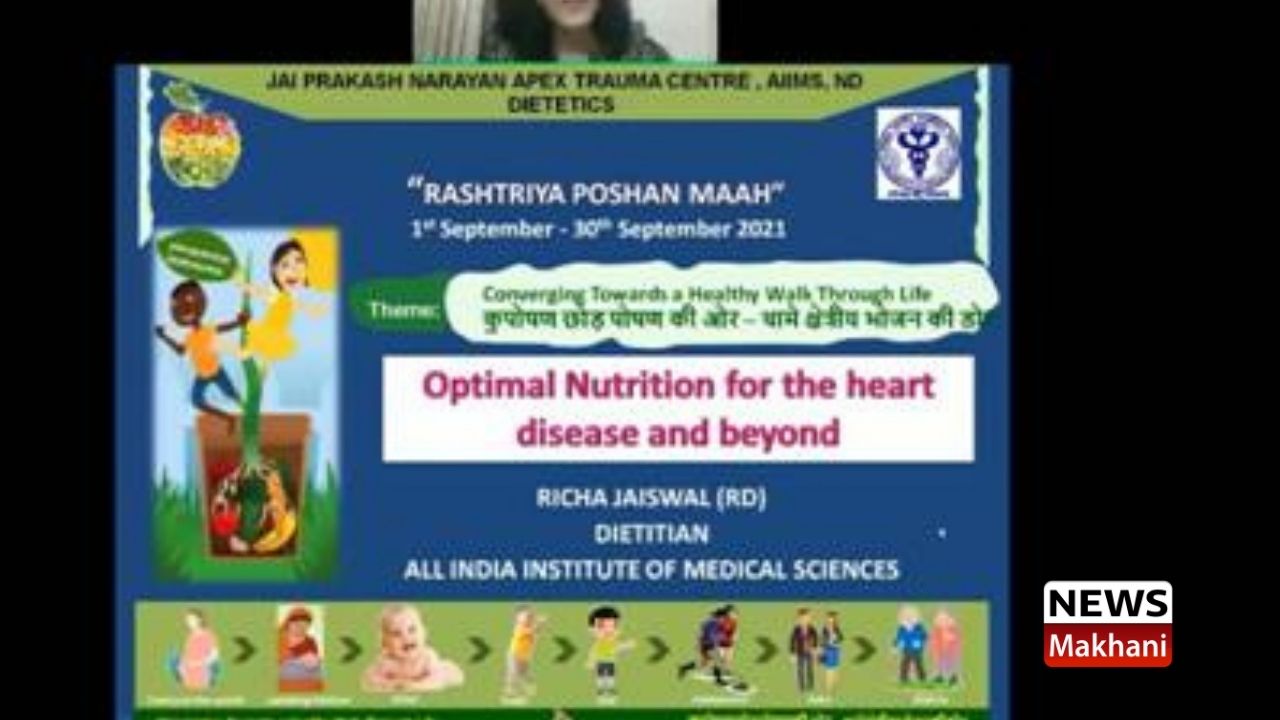The workshop was attended by more than 70 NGOs working in areas of tribal health
Key Highlights:
- The purpose of the workshop was to closely associate NGOs working with Ministry of Tribal Affairs in area of tribal health.
- The need for proper nutrition during pregnancy, lactating mothers and beyond was highlighted during the workshop.
- A chart showing age-wise nutrition needs was also shared with the participating NGOs by them.
A workshop for Non-Governmental Organizations on Nutrition and Health was organized by the Ministry of Tribal Affairs on 09th September, 2021, as part of its POSHAN MAAH activities. The purpose of the workshop was to closely associate NGOs working with Ministry of Tribal Affairs in the mission of Sahi Poshan-.Desh Roshan.The workshop was attended by more than 70 NGOs who are working in the health sector in tribal areas.
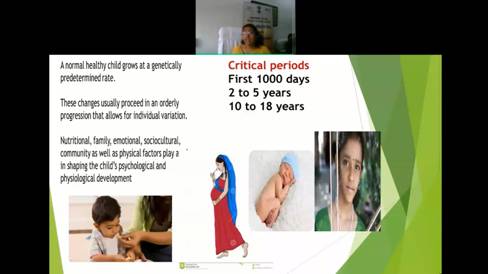
Ms. Anuja Agarwala, Senior Dietician, All India Institute of Medical Sciences, New Delhi explained the need for proper nutrition during pregnancy, for lactating mothers and beyond.
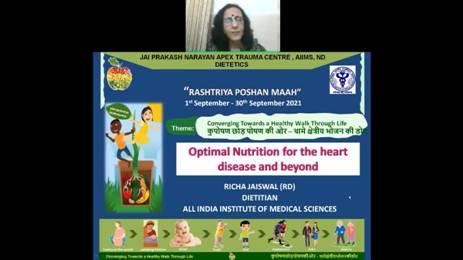
Ms. Richa Jaiswal, Senior Dietician, All India Institute of Medical Sciences, New Delhi gave detailed information on optimal nutrition for Heart Health and beyond. A chart showing age-wise nutrition needs was also shared with the participating NGOs by them.
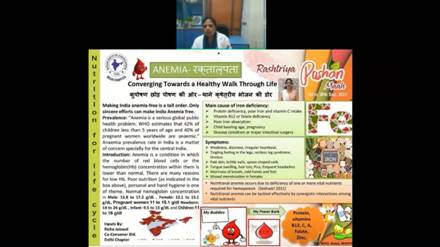
The workshop was organized by Tribal Health Cell under Ministry of Tribal Affairs. Dr Navaljit kapoor, Jt Secy, Ministry of Tribal Affairs and Ms Vinita Srivastava, Advisor tribal health explained the importance of nutrition and various activities undertaken by Ministry for improving health and wellness of tribal population.
Ministry of Tribal Affairs is working with more than 350 Non-Governmental Organisations (NGOs) who have roots in difficult geographies like LWE, hilly, remote and border areas. It is important to associate such organizations as they have capacity to cater comparatively service deficient areas where direct outreach of Government services through its institutional mechanism is not adequate: They also have understanding of the local context in terms of barriers and facilitators. Tribal women have higher IMR and MMR mainly because of their poor nutritional status and tribal children have higher incidence of anemia, stunting and wasting. For ensuring effective implementation of nutrition strategies, it is important to understand tribal culture, practices and traditional indigenous knowledge systems while designing and provisioning context-specific services to tribal women and children for improving their health condition.
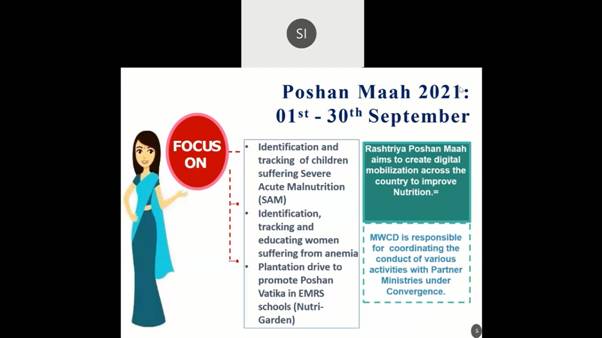
Ministry has planned many such activities jointly with MoWCD for the Poshan Maah.

 हिंदी
हिंदी
